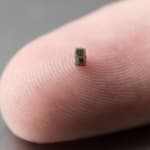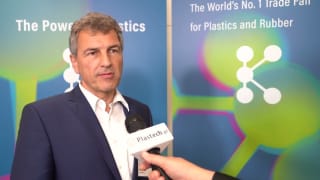
Nanofabrica has been extremely pro-active in the last few weeks in light of the emerging COVID 19 pandemic, and has reached out to professionals involved in the front-line fight against the disease to offer up its support for new protective and diagnostic solutions.
In a recent virtual roundtable, Nanofabrica invited interested parties from around the world to discuss ways in which its one-micron resolution additive manufacturing technology (with a 5 x 5 x 10 cm build volume) could be harnessed to create locally supplied, speedy, and cost-effective innovative devices to work against COVID 19.
In the roundtable it was highlighted that it is possible with Nanofabrica’s technology to build structures with ultra-small holes, opening up its use for microfluidic applications such as micro nozzles, micro filters, as well as complex lab-on-a-chip devices. This could be helpful in ramping up production of devices that could speed up the testing of blood to assess COVID 19 infection or antibodies. The technology also achieves high resolution surface textures which can be used to create surfaces that defend against virus transmission.
The roundtable attracted a number of high profile experts including John Croft, the AM Hub Manager at the Australian Manufacturing Technology Institute Ltd (AMTIL) and Prof. Roey Amir from the School of Chemistry at Tel Aviv University. Discussions have been on-going since the meeting with various companies looking to apply Nanofabrica’s technology to a number of new initiatives being undertaken in the COVID 19 fight.
Nanofabrica has recently completed a number of exciting trials in the area of direct rapid soft tooling (DRST) seeing a significant number of highly accurate parts produced from a mould made in less than an hour and for less that $20. The aim in the very near future is to develop the materials the mould is made from and the processing conditions in order to reach 1000 parts per mould, which makes the technology highly disruptive as it targets high volume production applications up until now impossible using additive manufacturing.
Here again, the ability to effectively mass manufacture small parts locally, not relying on disrupted supply chains, and at a speed and cost unimaginable using conventional micro injection molding technologies has a huge amount of potential in the COVID 19 fight, and is another area being analysed by various companies today.



